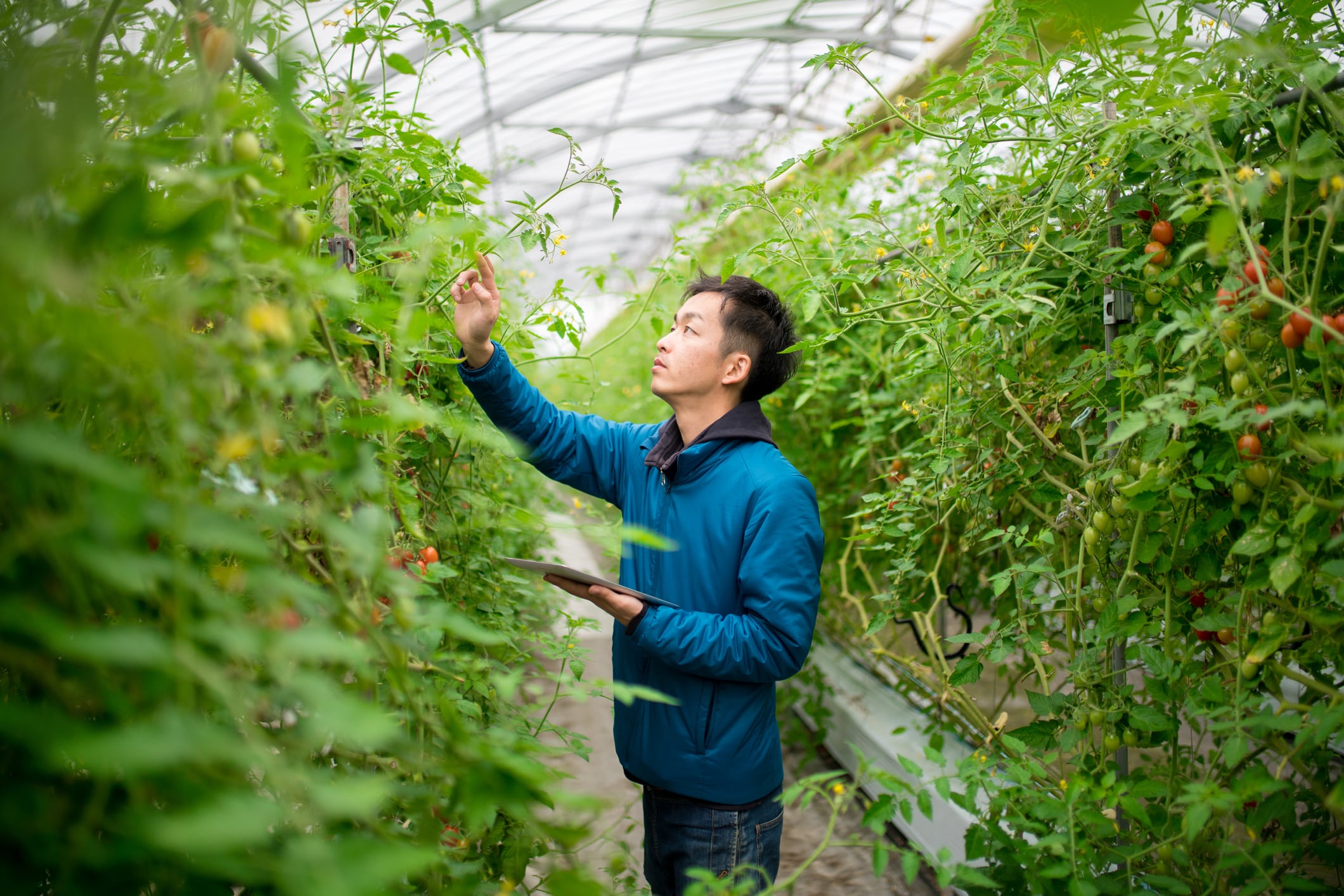Imagine a world without the vibrant hues of a blooming garden, lush forests teeming with life, or the nourishing fruits that grace our dining tables. Indeed, it’s hard to fathom a life devoid of the wonders of plants. They are the architects of life on Earth, and their existence resonates throughout our planet. Hence, unlocking the secrets of plant life can be an exciting journey — one the University of Guelph’s Ontario Agricultural College (OAC) thoroughly prepares students to navigate in its new course-based Master of Plant Agriculture degree program.
Housed within Canada’s largest and most diverse applied plant biology department, it is dedicated to teaching, research and service related to horticultural crops, turfgrass, landscape species and field crops. Internationally recognised researchers in plant breeding, agronomy, plant physiology, weed science, plant pathology, statistics/ bioinformatics, molecular genetics, plant tissue culture, turf management, and bioproducts are the beating hearts of the division.

Source: Ontario Agricultural College
Students apply classroom knowledge in various field stations, greenhouses, laboratories, growth room facilities, a postharvest facility, and research institutes to provide students with the scientific and practical skills that graduates need to grow their career in the sector. Each space is equipped with state-of-the-art resources and is available to students keen on witnessing or contributing to ground-breaking discoveries.
In addition to offering associate diploma’s, undergraduate and graduate degrees in plant and crop science, OAC’s latest addition to its lineup is the brand new Master of Plant Agriculture (MPAg) programme — a testament to their unwavering commitment to staying at the forefront of relevance and innovation.
In fact, its dedication to adapting and evolving to meet the ever-changing needs of the agricultural landscape has been the cornerstone of its success. Recognising the institution as “Canada’s Food University” for the last 150 years, the federal government has even granted the University of Guelph US$76.6 million to start a “digital revolution” in food and agriculture. With the investment, they are working hard to combat food security challenges of all scales.
The MPAg programme will play its part by addressing the demands of employers in the private and public sectors looking for professionals with advanced expertise in plant breeding, crop production and plant science. To ensure graduates fill gaps wherever necessary, the college is working closely with an advisory council of agriculture and plant science leaders on the development of the programme. These connections will play a pivotal role in pairing students with professional opportunities in esteemed organisations like Corteva.

Source: Ontario Agricultural College
“This programme provides an opportunity for students that want to gain more comprehensive knowledge in the core subjects of plant agriculture, without focusing on one particular project through a research degree,” says Dr. Eric Shaw, Research Scientist at one of North America’s agriculture and seed company’s, Corteva AgriScience. “I can see this being an advantage to those applying to Corteva.”
The MPAg will be course-based, enabling upskillers and reskillers to receive industry-level training without conducting the academic research typically associated with traditional research-based programmes. Upon graduation, they can confidently pursue employment within the Canadian plant science agriculture sector. Experiential learning ensures their employability — an OAC hallmark that never fails to capture the attention of employers.
“Our Department has world-class faculty with very strong connections to the sector and access to a network of research stations and state-of-the-art facilities across Ontario,” says Hugh Earl, Chair of the Department of Plant Agriculture. “This will benefit our graduate students as it enhances the opportunities for professional networking and hands-on learning.”
The opportunities Earl speaks of aim to help students cultivate applied skills, hone critical thinking, foster collaborative problem-solving capabilities, and employ their expertise in plant sciences to confront complex challenges. “These are critical skills for future leaders in the plant and agricultural sector,” he says.
The best part? The programme will be delivered in both full-time and part-time formats. Flexibility doesn’t end there. MPAg students will also be able to tailor their curriculum to realise their long-term aspirations best. Courses will span breeding and genetics, biochemistry and physiology, and crop production systems for both agronomic and horticultural crops.
Regardless, all learners will thrive as members of the supportive, welcoming, and inclusive community the University of Guelph is known for housing. The institution’s ethos of active inquiry and creativity not only inspires exploration but also facilitates the interdisciplinary exchange of ideas. Such surroundings prepare students to confront the intricate challenges presented by our increasingly complex and interconnected world. If that’s what you plan on doing, click here to learn more about studying at Ontario Agricultural College.
Please note: the program is expected to launch in Fall of 2024, prospective students are advised that the program is still subject to formal approval.
Follow Ontario Agricultural College on Instagram, X, YouTube, and LinkedIn













